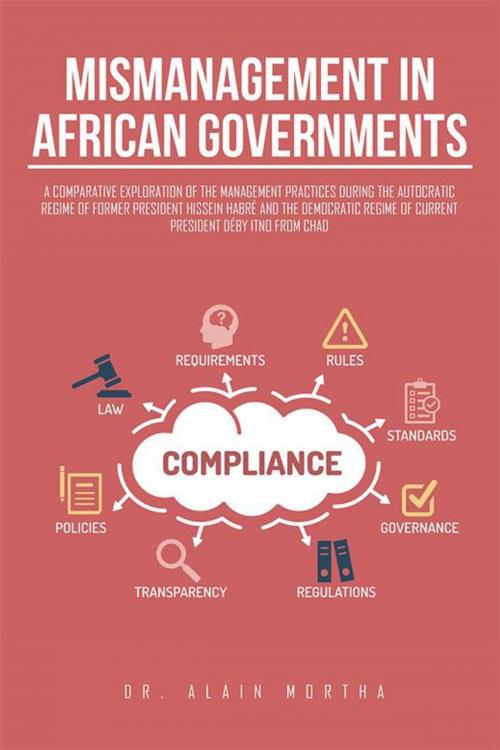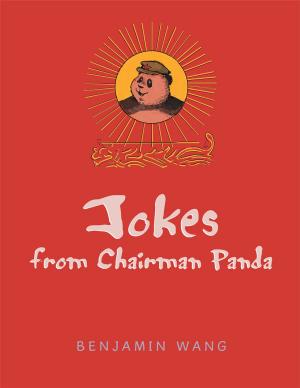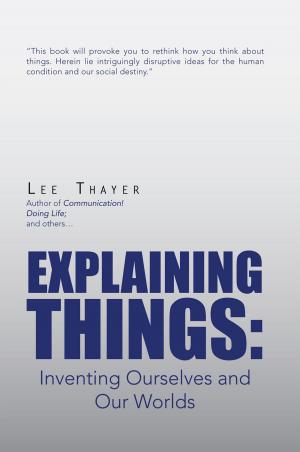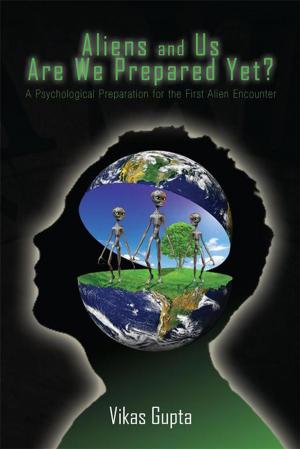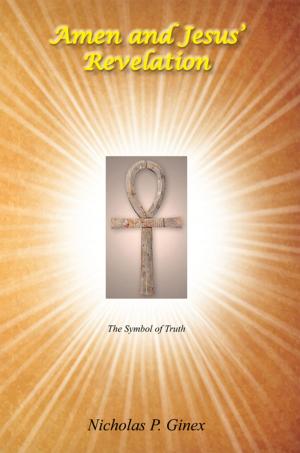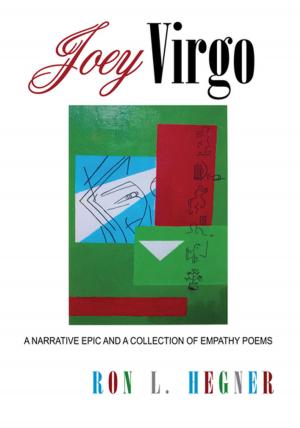Mismanagement in African Governments
A Comparative Exploration of the Management Practices During the Autocratic Regime of Former President Hissein Habré and the Democratic Regime of Current President Déby Itno in Chad
Nonfiction, Social & Cultural Studies, Political Science, Government, Social Policy| Author: | Alain Mortha | ISBN: | 9781514480502 |
| Publisher: | Xlibris US | Publication: | March 31, 2016 |
| Imprint: | Xlibris US | Language: | English |
| Author: | Alain Mortha |
| ISBN: | 9781514480502 |
| Publisher: | Xlibris US |
| Publication: | March 31, 2016 |
| Imprint: | Xlibris US |
| Language: | English |
This book emanates from the authors doctoral dissertation research that explored African government mismanagement practices by focusing on the pilot case study of Chad in Central Africa. Two of Chads positions that are most bothersome and disconcerting to the author are least favorable place in the world to conduct business according to the World Bank and one of twenty countries in the world where corruption is most existent as adjudged by Transparency International. Being born and raised in Chad, the author was so shocked by these statistics that his chief desire in writing this book is to propose some sort of solution that may help African countries enhance the management of public resources rather than pointing a finger of blame. A comparative investigation of the management practices during the autocratic regime of former president Hissein Habr and the democratic regime of current president Idriss Dby Itno was conducted. This book begins with an overview of previous Chadian governments, the history of corruption in Chad, and a description of mismanagement practices during the regimes of Habr and Dby as revealed through research. An overview of the mismanagement practices in Sub-Sahara African governments also illustrates the similarities between Chad and these countries. The author provides a theoretical framework used to conduct his research as well as several leadership models that he believes would be useful for African governments. The book ends with the authors proposed customized Scholar-Practitioner-Leader (SPL) model based on ethics and TQM to enhance the management of public resource, and a discussion about the limits of his research plus recommendations for future research. The results of the study were shocking to say the least and raised questions about the viability of the Occidental democracy imposed in Africa by developed countries. Will some African countries be better off with a benevolent dictatorship rather than a democratic regime? Find more in the book.
This book emanates from the authors doctoral dissertation research that explored African government mismanagement practices by focusing on the pilot case study of Chad in Central Africa. Two of Chads positions that are most bothersome and disconcerting to the author are least favorable place in the world to conduct business according to the World Bank and one of twenty countries in the world where corruption is most existent as adjudged by Transparency International. Being born and raised in Chad, the author was so shocked by these statistics that his chief desire in writing this book is to propose some sort of solution that may help African countries enhance the management of public resources rather than pointing a finger of blame. A comparative investigation of the management practices during the autocratic regime of former president Hissein Habr and the democratic regime of current president Idriss Dby Itno was conducted. This book begins with an overview of previous Chadian governments, the history of corruption in Chad, and a description of mismanagement practices during the regimes of Habr and Dby as revealed through research. An overview of the mismanagement practices in Sub-Sahara African governments also illustrates the similarities between Chad and these countries. The author provides a theoretical framework used to conduct his research as well as several leadership models that he believes would be useful for African governments. The book ends with the authors proposed customized Scholar-Practitioner-Leader (SPL) model based on ethics and TQM to enhance the management of public resource, and a discussion about the limits of his research plus recommendations for future research. The results of the study were shocking to say the least and raised questions about the viability of the Occidental democracy imposed in Africa by developed countries. Will some African countries be better off with a benevolent dictatorship rather than a democratic regime? Find more in the book.
